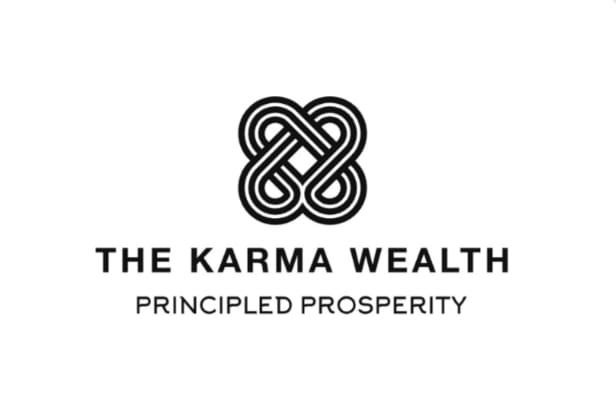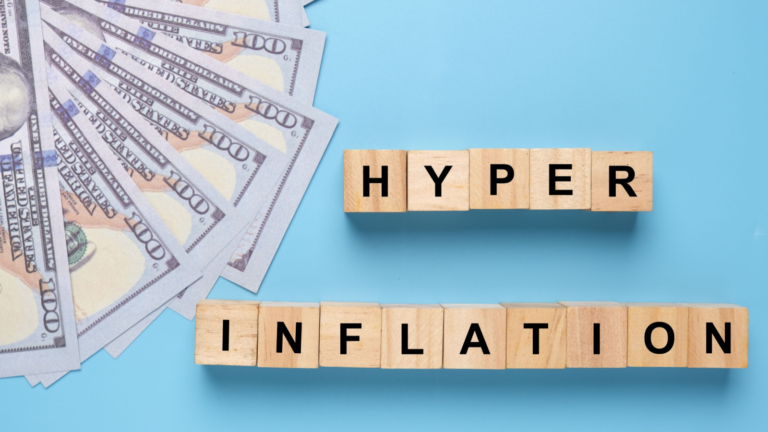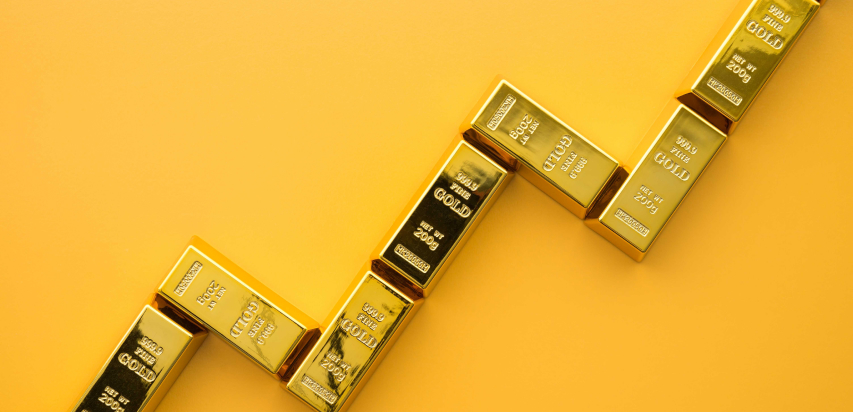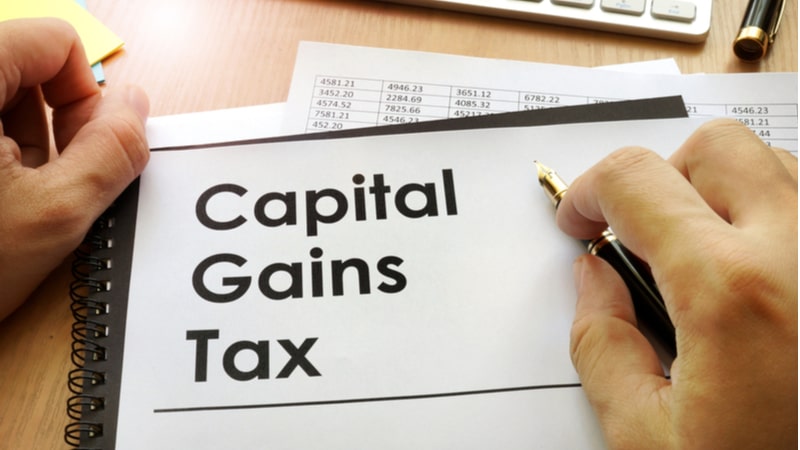Ah, life! Isn’t it just grand when your biggest financial dilemma is whether to splurge on that artisanal coffee or save for a slightly bigger vacation? We happily ride the gentle waves of economic normalcy, meticulously planning for retirement, perhaps eyeing a new gadget or a quaint little cottage. The news might occasionally whisper of distant economic hiccups, but surely our meticulously crafted financial universe is insulated, right? We all share this delightful, reassuring delusion that tomorrow will largely mirror today, just with perhaps a few more perks.
But then, sometimes, the universe decides to play a rather unfunny prank. The stable ground beneath our financial feet gives way, not with a gentle wobble, but a theatrical, earth-shattering collapse. When your national currency starts aspiring to be nothing more than decorative wallpaper, inflation sprints like a marathon runner on espresso, and the political scene resembles a particularly rowdy dinner theater, the game changes entirely. Suddenly, the focus shifts dramatically from “how to earn more” to “how to protect what little I have,” and, let’s be honest, “how to simply survive.” It’s a rather inconvenient reminder of our primal human instincts, that deep-seated need for security and self-preservation that kicks in when the chips are truly down.
In such tumultuous times, the wisdom of “protecting more than earning” isn’t just a financial adage; it’s a survival playbook. The goal shifts from maximizing returns to preserving purchasing power and ensuring you can buy a loaf of bread, should the need arise. Consider Venezuela in recent years or Zimbabwe in the late 2000s, where hyperinflation rendered the local currency virtually worthless, and political instability created a climate of immense uncertainty.
So, how do savvy individuals navigate this financial minefield without ending up with a treasure chest full of beautifully printed, yet utterly useless, paper? It’s less about traditional investing and more about radical diversification and practical ingenuity.
Strategic Moves For Turbulent Times
1. Go Global (Literally) With Stable Currencies: This isn’t just about investing in international stocks; it’s about holding liquid assets in strong, globally recognized stable currencies like the US Dollar, Euro, Swiss Franc, or even the Japanese Yen. Ideally, these funds are held in banks outside your collapsing nation’s borders, providing a crucial financial lifeline. This strategy was vital for many during the Argentine economic crisis, where having dollar accounts abroad provided a buffer against peso devaluation.
2. Hard Assets, Including Real Estate, Not Just Paper: When paper money loses value, tangible assets shine. Physical gold and silver, especially smaller, divisible units stored securely (perhaps abroad or in a trusted, discreet location), become a universal currency for bartering if needed. Beyond precious metals, land and real estate in stable economies or even in less affected areas within your own country can serve as a store of value.
Think of owning a modest apartment in a politically stable country, or agricultural land that can provide sustenance. While less liquid than cash, real estate has historically proven resilient during periods of high inflation. However, the key here is liquidity – how easily can you convert these into something you can eat or use? A massive gold bar or an illiquid property is hard to trade for a loaf of bread!
3. Skills Are Your Ultimate Asset: This is perhaps the most underrated investment. In a collapsing economy, specialized skills become invaluable. A doctor, an electrician, a plumber, a programmer, or even a skilled baker can always find a way to earn or barter, regardless of currency fluctuations. This leads to upskilling yourself and, critically, your children. Invest in education that teaches practical, globally portable skills – coding, engineering, healthcare, and languages. Consider the mass emigration of skilled professionals from countries like Syria or Venezuela; their expertise was their most valuable, portable asset.
4. Migration As A Portfolio Move: For many, the ultimate protective measure is physical relocation. Having the ability to migrate to a country with better economic prospects and political stability provides an escape hatch. This requires foresight, including having valid passports, exploring visa options, and understanding the immigration laws of potential host countries. Investing in citizenship by investment programs (where available and financially viable) or simply building connections and understanding the job market in potential new homes can be a vital “asset.” Think of the Cuban exiles who rebuilt their lives in the US, largely relying on their networks and skills.
5. Diversify Beyond Finance: This means having a network of trusted individuals, maintaining good health, and even having a small, diversified supply of essential goods (non-perishable food, medicine, water purification). These might seem unconventional for a “portfolio,” but in an economic collapse, they are often more valuable than a fluctuating stock certificate. The goal is to have resources accessible when and where you need them. Avoid anything that locks your capital away for decades without immediate access; think liquidity, not long-term growth.
6. The “Go-Bag” of Assets: Imagine a financial go-bag. This isn’t just about cash, but having diversified, easily accessible assets. Maybe a portion in cryptocurrency (though highly volatile, it offers an alternative to national currencies if the infrastructure holds), some in foreign bank accounts, physical gold/silver, and critical documents readily available. The aim is flexibility and access, not just accumulation.
Beyond The Balance Sheet
Ultimately, personal finance in such extreme scenarios transcends mere investing; it’s about survival and security. It’s a humbling realization that even the most meticulously built financial empire might crumble in the face of widespread chaos. All the wealth accumulated might not buy you peace, safety, or even a warm meal in your darkest hour. Perhaps this is the universe’s gentle, albeit brutal, reminder: that after reaching a certain height, the true abundance lies not in accumulating more, but in slowing down. It’s in the quiet joy of traveling and experiencing different cultures, connecting deeply with family and friends, taking time for introspection, and finding profound satisfaction in helping others without expectation. In a world turned upside down, a kind word, a shared meal, or a helping hand can be the most valuable form of wealth imaginable.





